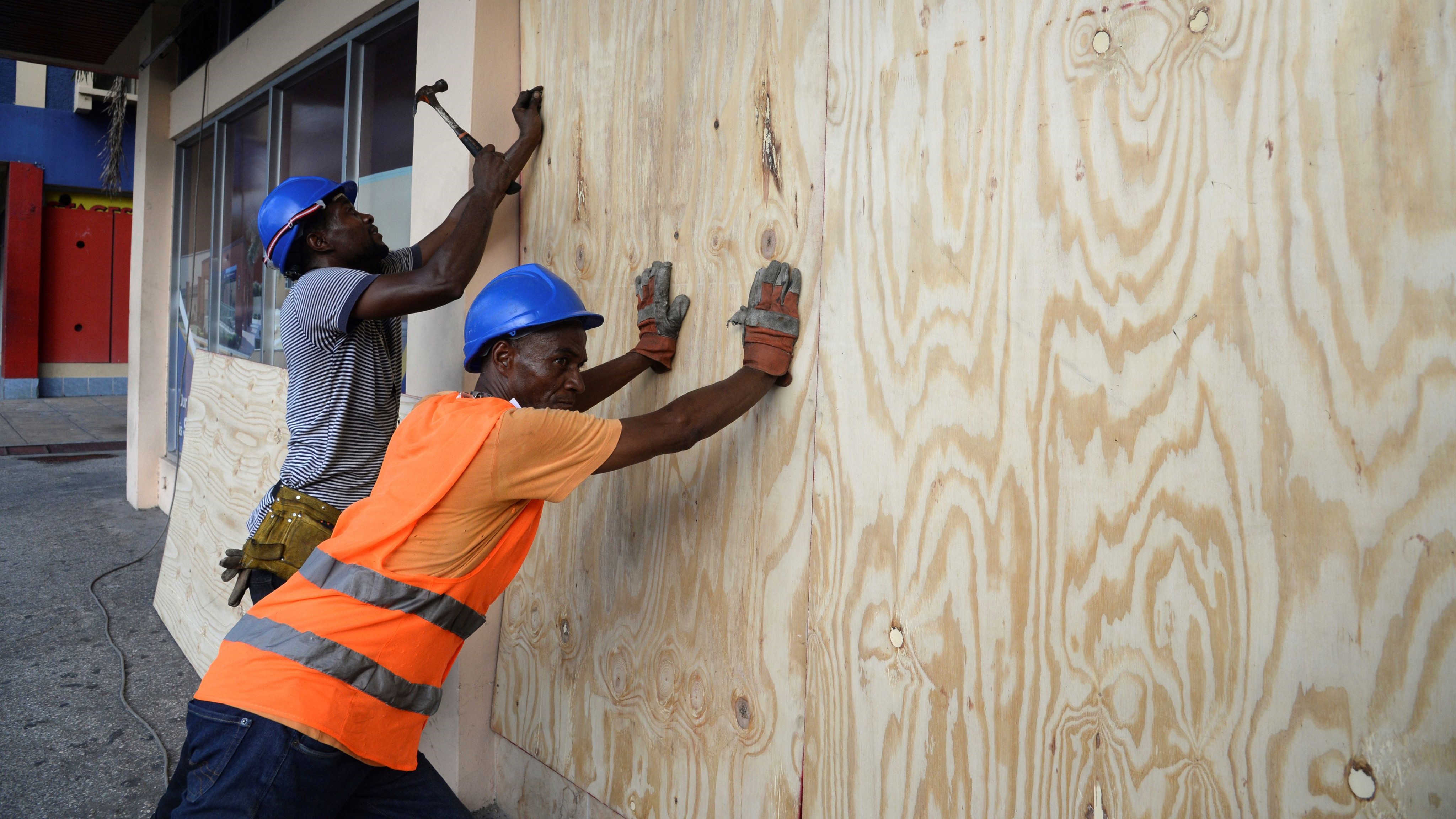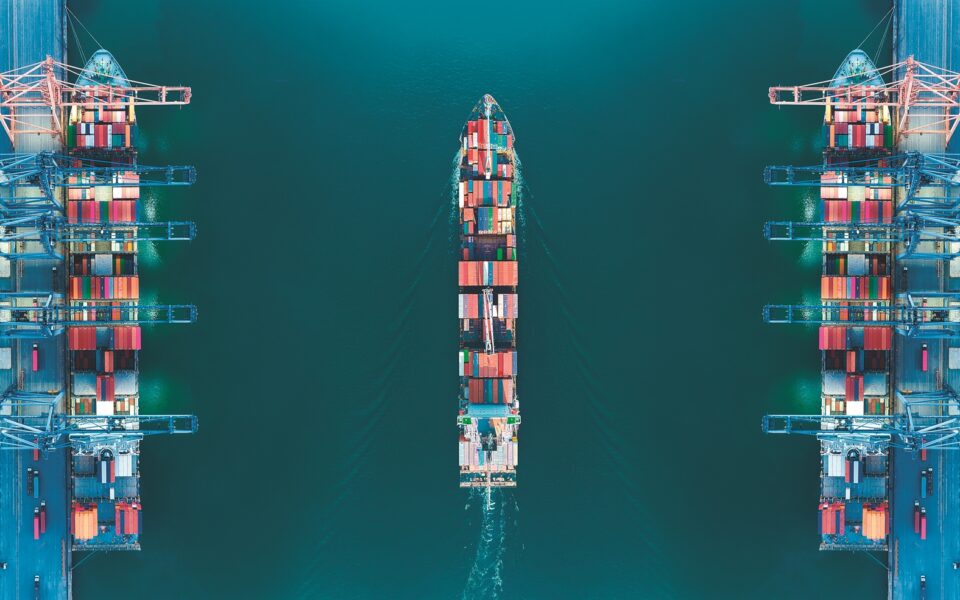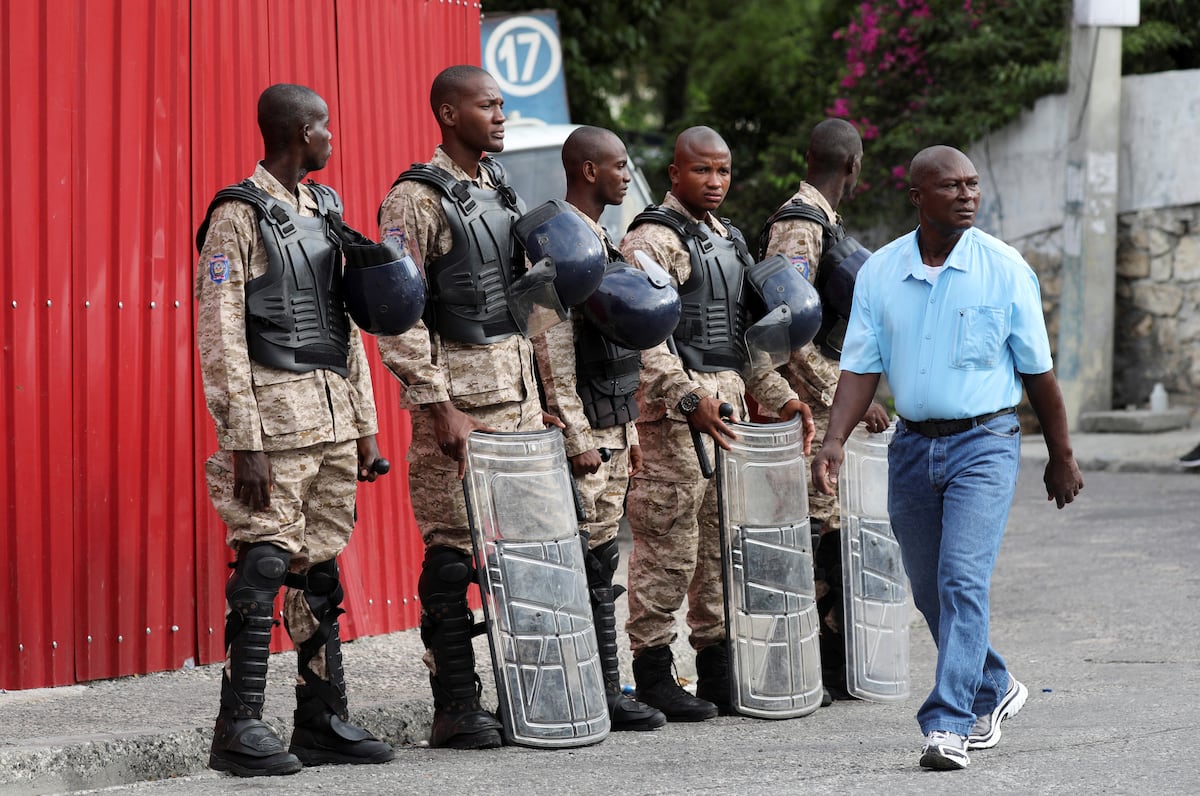
After years of economic stagnation, Jamaica has recently experienced rapid growth. Some see this unexpected development as a miracle, while others attribute it to effective policymaking in a supportive political environment despite many challenges. However, an alternative perspective could argue that Jamaica’s economic recovery came at the expense of preparedness for the effects of climate change. With climate change posing new dangers to Jamaica’s core sectors of agriculture and tourism, the country’s economic future may become more problematic.
Throughout the 1970s, successive Jamaican governments ran chronic budget deficits. External events beyond their control also played a role. As an oil importer, Jamaica suffered from the 1973 oil price shock, which raised import costs and led to a recession and devaluation. This situation worsened when U.S. interest rates increased in the early 1980s. By 1986, Jamaica’s debt service payments to exports ratio had risen to 35 percent, up from 16 percent in 1977. Debt servicing accounted for over 40 percent of government spending by 1985.
To address rising debt levels, Jamaica sought bailout loans from the International Monetary Fund and World Bank in the 1980s. However, the conditions attached to these loans included harsh austerity measures, necessitating significant cuts to public sector employment and public investment by the government. Austerity had a significant impact on the economy, with average growth dropping from 2.3 percent in the 1980s to 0.9 percent in the 2000s.
From 2010 to






